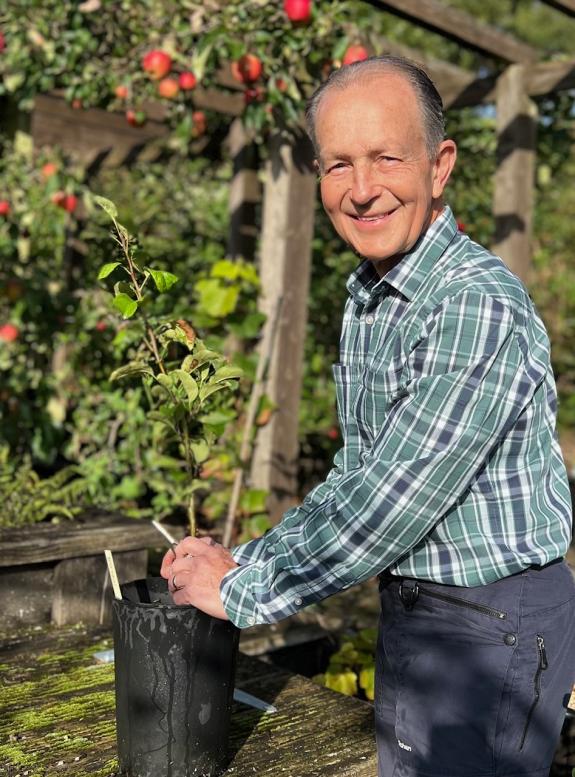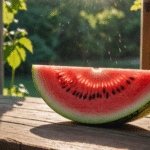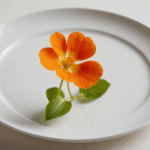David Howells is one of hundreds of people across the UK taking part in a large-scale conservation effort.
In the face of rapid climate change, emerging diseases, and the growth of industrial monocrops these volunteer ‘Seed Guardians’ have been tasked with growing heritage seed varieties by Garden Organic’s Heritage Seed Library.
READ MORE: City council collecting unwanted Christmas trees in garden waste rounds
The Library, based at the charity’s headquarters at Ryton Gardens, holds the National Collection of Heritage Vegetables – more than 800 varieties of seeds – including rare landrace varieties adapted to specific growing conditions, heirloom varieties saved over generations and varieties no longer available to buy.
Seventy-one-year-old David has been a keen gardener since he was 10, after helping in his parent’s garden when he was young.

“It gives me a great sense of pride to grow from seed, but that pride is built on the fact that there are sometimes failures – and that makes success all the sweeter. Determining what might have gone wrong is just as important in seed saving.
“Every time I grow a great-tasting vegetable from seed, it’s so rewarding. It’s great to play a part in helping to preserve plant varieties that might otherwise disappear from circulation and cultivation.”
With the diversity of plants diminishing since the early 20th century, many of the plants which were once grown in the UK are in danger of being lost.
The Heritage Seed Library’s Seed Guardians grow out the plants in their gardens and allotments, collecting, cleaning and drying the seed and sending it back to the Library to be conserved. They also give feedback on important factors such as performance, pest and disease resistance and taste.
SEE ALSO: Hampshire man completing 1,500km walk in Sri Lanka for charity
Varieties have included amaranth ‘Mrs McGhie’, ‘White Belgium’ carrot, ‘Table Talk’ pea, ‘Bob and Mary’s’ climbing French bean and ‘Mescher’ lettuce.

“David’s enthusiasm and dedication are exactly why the Heritage Seed Library has been around for almost 50 years. This work is more important than ever to ensure diversity in our food systems is available for future generations and to develop better adapted plants in a changing climate.”
Source: hampshirechronicle.co.uk



